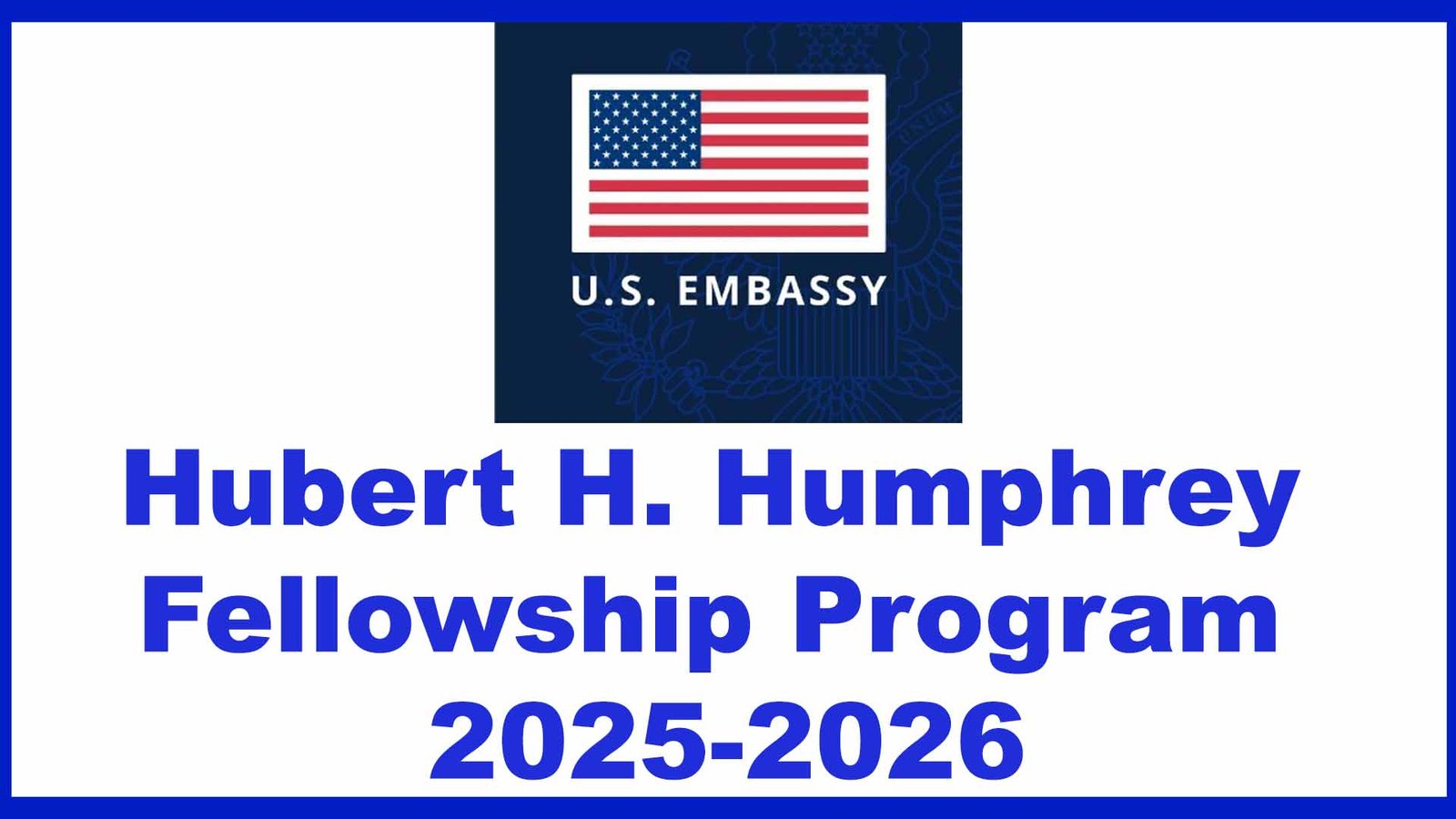
Hubert H. Humphrey Fellowship Program 2025-2026, Apply now
For Mid-Career Professional Study In The United States
*** Application cycle 2025 – 2026 ***
The Public Affairs Section of the United States Embassy in Dar es Salaam is seeking qualified candidates for the Hubert H. Humphrey program. Online applications are now available starting April 4, 2024. Deadline for submitting applications will be no later than June 2, 2024. Only successful candidates will be called for interviews scheduled for end of June, 2024.
The Hubert H. Humphrey Fellowship Program is a Fulbright program that brings accomplished mid-level professionals to the United States for a year of academic and professional work. In Tanzania, fellows are nominated by the Office Of Public Affairs of the American Embassy based on demonstrated potential for leadership and commitment to public service. By providing future leaders and policy makers with experience in U.S. society, culture, and professional fields, the program provides a basis for lasting, productive ties between Americans and their professional counterparts overseas.
The U.S. Department of State’s Bureau of Educational and Cultural Affairs (ECA) from provide primary funding for the Humphrey program within its congressional appropriation for exchanges. The Humphrey program is a non-degree program. Applicants should not assume that they could become degree candidates after they arrive in the U.S. Anyone seeking a degree program should look at the Fulbright Junior Staff Development Program, among others.
FIELD OF STUDY REQUIREMENTS
- Human and Institutional Capacity:
Economic Development. This field may be interpreted very broadly. Suitable candidates include policy makers and administrative managers focusing on contemporary development issues including population growth, agriculture and industrial development, poverty and income distribution, labor markets, and foreign trade. Individuals who are working in the fields of sustainable development and micro-finance in the public or private sector are also appropriate.
Finance and Banking. Suitable candidates include individuals who are involved in the management of financial institutions, the regulation of depository institutions and securities, transnational lending and trade financing, or public-private partnerships. Corporate financial managers and analysts are appropriate if they are interested in and able to convey how their work will impact the development of the country. Individuals in this field are not suitable for the Humphrey Fellowship Program if they are primarily concerned with expanding a corporate entity’s market share.
Public Policy Analysis and Public Administration. This field may be interpreted very broadly. Policy issues that past Fellows addressed have included: regional economic and workforce development planning, public management and leadership, financial management in public and -profit organizations, poverty and inequality, gender, public finance and revenue administration, domestic and foreign development policies, political transition to market-based democracy, planning and the global knowledge economy and private sector development.
Technology Policy and Management. Network administrators, engineers, and urban planners involved in formulating technology policy and planning and managing technological change and systems are suitable candidates in this field. Officials in the Ministry of Education and educators who teach technology and science in higher education institutions and can demonstrate leadership in curriculum development or administration in this field are also appropriate candidates.
Human Resource Management. The most suitable candidates in this field are those individuals dealing with institutional change and setting personnel policies and procedures. These might be human resource managers or individuals from various fields who have been charged with re-organizing a department or ministry, for example.
- Rights and Freedoms:
Communications/Journalism. Appropriate candidates include those using media in all its current forms to facilitate global development for their country. Journalists in this field could work for private media outlets or state- run public broadcasters with a focus on independent reporting and transparency. Journalists can work in any platform (print, broadcast, online) using digital and social media tools to cover a wide variety of subject beats, including, but not limited to public affairs, arts and features, social issues, business news and investigative topics. Other individuals might manage the public or internal communications for nongovernmental organizations, for state-run media, governmental agencies and private business enterprises.
International Religious Freedom. Individuals who are contributing to local, national, or international efforts to promote religious freedom are appropriate candidates. Successful candidates may support efforts to combat and monitor religious persecution and discrimination; recommend, implement, or advocate for policies in their country or region to protect or expand rights to freely practiced religions; or develop programs and projects to promote interfaith dialogue and/or international religious freedom.
Law and Human Rights. Attorneys, judges, and human rights activists are the most suitable candidates in this field. The range of law specializations is far reaching; some of the more common include: constitutional, criminal, business, civil rights, family/child, alternative dispute resolution, international humanitarian, international trade, international business, intellectual property, and telecommunications law. Individuals engaged in legal and judicial reform and the administration of justice also are appropriate candidates.
Trafficking in Persons Policy and Prevention. Candidates include government officials, NGO activists, and media specialists who are focused on anti-trafficking issues. Humphrey Fellows can focus in areas of public administration, NGO administration, law and human rights, social work, communications and journalism, and public health as applied to anti-trafficking program management and policy-making.
- Sustainable Lands:
Agricultural and Rural Development. Suitable candidates include individuals from the public sector, non-governmental organizations, and business focused on agricultural and food system development and/or rural development. The field includes, but is not limited to, the following areas of specialization: food security, sustainable farming systems, agricultural research, extension management, agricultural marketing and value- chain management, post-harvest technology and food safety, trade and food policy, and rural livelihood enhancement.
Natural Resources, Environmental Policy, and Climate Change. Natural resource and environmental managers are appropriate candidates for this field. Policymakers working on the protection of natural resources, water quality, pollution control, land use, conservation, and environmental impact assessment also are suitable. Climate change is a critical emerging field open to professionals working in a range of disciplines, including policy development, clean technologies, carbon management, and response planning or adaptation to new climate patterns.
Urban and Regional Planning. Appropriate candidates for this field include architects, engineers, planners, urban designers, urban economists and sociologists, and historic preservation specialists. The field of Urban and Regional Planning should be broadly interpreted to include the following: urban infrastructure, transportation policy and planning, water and sanitation, town and rural planning, land use and urban design, housing and real estate development, international and comparative planning, environmental protection and planning, ecological land development, public policy, social policy, urban redevelopment policy, economic development and planning, regional economic integration, economic conversion, urban finance management, and urban spatial analysis using geographic information systems.
- Thriving Communities:
Contagious and Infectious Diseases. Physicians, health educators, and practitioners with management and policy-making responsibilities working to prevent, detect, and respond to infectious and contagious disease threats and improve global health security are appropriate candidates for this field.
Public Health Policy and Management. Physicians, clinicians with management responsibilities, health educators, and other practitioners with policymaking responsibilities in this field are suitable candidates. Past Fellows’ interests have included: management of public health care organizations; health care delivery through community- based organizations; reproductive, adolescent and child health; and epidemiology in public health practice. Candidates who are primarily practitioners in their field are not appropriate. For example, dentists whose program goals are to be more effective dentists in a clinical setting are not appropriate candidates for the program. Instead, dentists or other practitioners who are interested in acquiring skills and knowledge to become better administrators of public health programs, which might, for example, promote health education in their community or country, would be a better fit for the program.
HIV/AIDS Policy and Prevention. Physicians, health educators, communication specialists, and policy analysts who are interested in HIV/AIDS policy, treatment and prevention are appropriate candidates for this field. Candidates with a primary focus on clinical treatment are not appropriate.
Substance Abuse Education, Treatment and Prevention. Candidates in this field may be focused on problems of alcohol, drug and tobacco abuse as well as broader areas of public health that relate to substance abuse, such as HIV/AIDS, mental health, medicine, psychology, social work and counseling. Previous Fellows in the substance abuse field have come from schools and universities, community-based treatment and prevention programs, hospitals, criminal justice settings and local or national policy agencies. Fellows in this field will have access to strong university-based research programs as well as contacts with community, state and national professionals and provider groups working in substance abuse. Humphrey Fellows who have a background and interest in research are also eligible to link more closely with the National Institute on Drug Abuse (NIDA), one of 27 research institutes and centers of the National Institutes of Health (NIH). All Fellows in the Substance Abuse field will be part of the joint programming offered by NIDA.
Educational Administration, Planning and Policy. Individuals who are contributing to national or regional education planning, policy development and implementation make good candidates. University professors with an exclusively academic focus are not suitable; however, university professors in administrative or policy-making positions are eligible. Candidate profiles also include those focused in the more technical areas of education: curriculum development, instruction and learning assessment techniques, program design and adult learning, teacher training, and the use of technology in higher education. These individuals may be teachers if they also have additional responsibilities in the areas above.
Higher Education Administration. This field of study is intended for individuals who devote a significant portion of their professional life to policy formation, strategic decision-making, planning and management in higher education. Individuals holding administrative or policy-making positions at institutions of higher education, non-profit organizations or government ministries are eligible. Suitable candidates also include those focused on functional areas of higher education, such as curriculum design, techniques for instruction and learning assessment, vocational and life-long learning programs, and areas of higher education administration such as financial management, student affairs, academic affairs, business affairs, recruitment and admissions, development and alumni relations, and the use of technology in higher education. These individuals can be faculty at institutions of higher education if they also have significant additional responsibilities in the areas listed above.
Teaching of English as a Foreign Language. Appropriate candidates include teacher trainers and master teachers in the field of Teaching of English as a Foreign Language if they are interested in teacher training, curriculum development, and methodology.
RECRUITMENT OF ELIGIBLE CANDIDATES
Appropriate applicants are mid-career professionals in leadership positions and who have a commitment to public service and the potential for professional advancement. It is important that applicants have considerable initiative if they are to benefit from the program. Prospective fellows should have a minimum of five years full-time professional experience prior to August of the grant year in the relevant field, after completing a university degree, and should be interested in the policy aspect in the field of their specialization.
- Applicants must have completed a university degree program requiring at least four years of full-time study in order to qualify.
- Applicants should be proficient in both written and spoken English. Finalists will be required to have a minimum Test Of English As A Foreign Language (TOEFL) score of 525 paper-based, or 71 on the Internet Based Test (IBT), although exceptionally strong applicants with lower scores may be nominated for the Long-Term English (LTE) training. Please note that if you do not have a TOEFL score, we will arrange for you to take the examination if you are nominated.
- Applicants should have at least five years of relevant professional experience beyond the university degree. In general, applicants should have both the need to participate in the program and the potential to benefit from it. Accordingly, they should demonstrate the required experience, skills, and commitment while also indicating how they can benefit from this program in ways that they have not experienced previously and are not likely to experience without the Humphrey program.
- An applicant may be removed from consideration if he/she does not meet all of the technical eligibility requirements.
- Ineligible applicants include recent university graduates, university teachers or academic researchers with no management responsibilities, individuals who have attended a graduate school in the United States for one academic year or more during the seven years prior to August of the grant year; and individuals with other recent U.S. experience (more than six months during the five years prior to August of the grant year). An applicant with resent third country experience, especially in developed countries, may have a less compelling need for Humphrey program than a candidate who has never had a significant professional stay abroad.
- As per the guidelines of the J. William Fulbright Scholarship Board, local employees of U.S. Missions abroad who work for the U.S. Department of State and members of their families are ineligible for grants during the period of their employment and for one year following the termination of employment.
- Individuals with dual U.S. citizenship or U.S. permanent resident status may not apply to the program, since they are ineligible for a J visa.
APPLICATION
IIE accepts only electronic submissions of applications through embark system. The online application is available at: https://apply.iie.org/huberthhumphrey

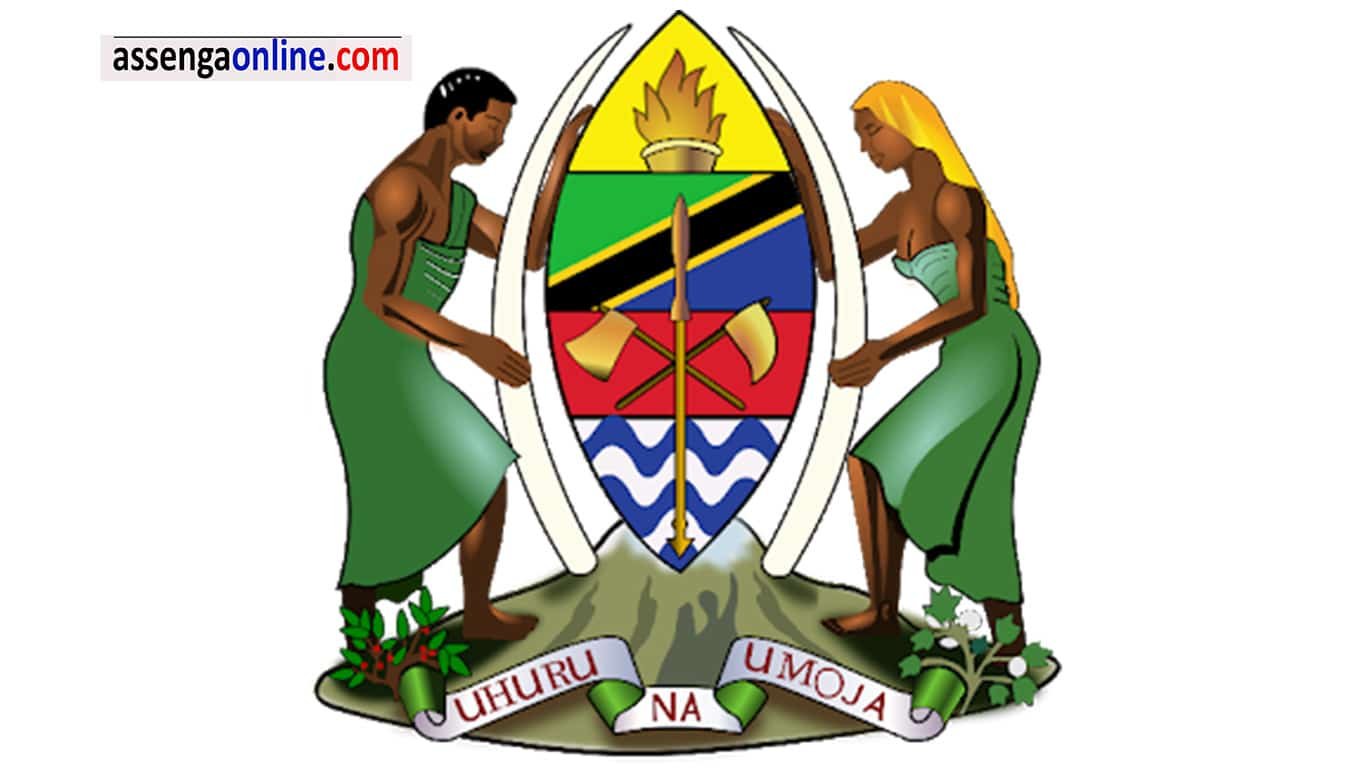
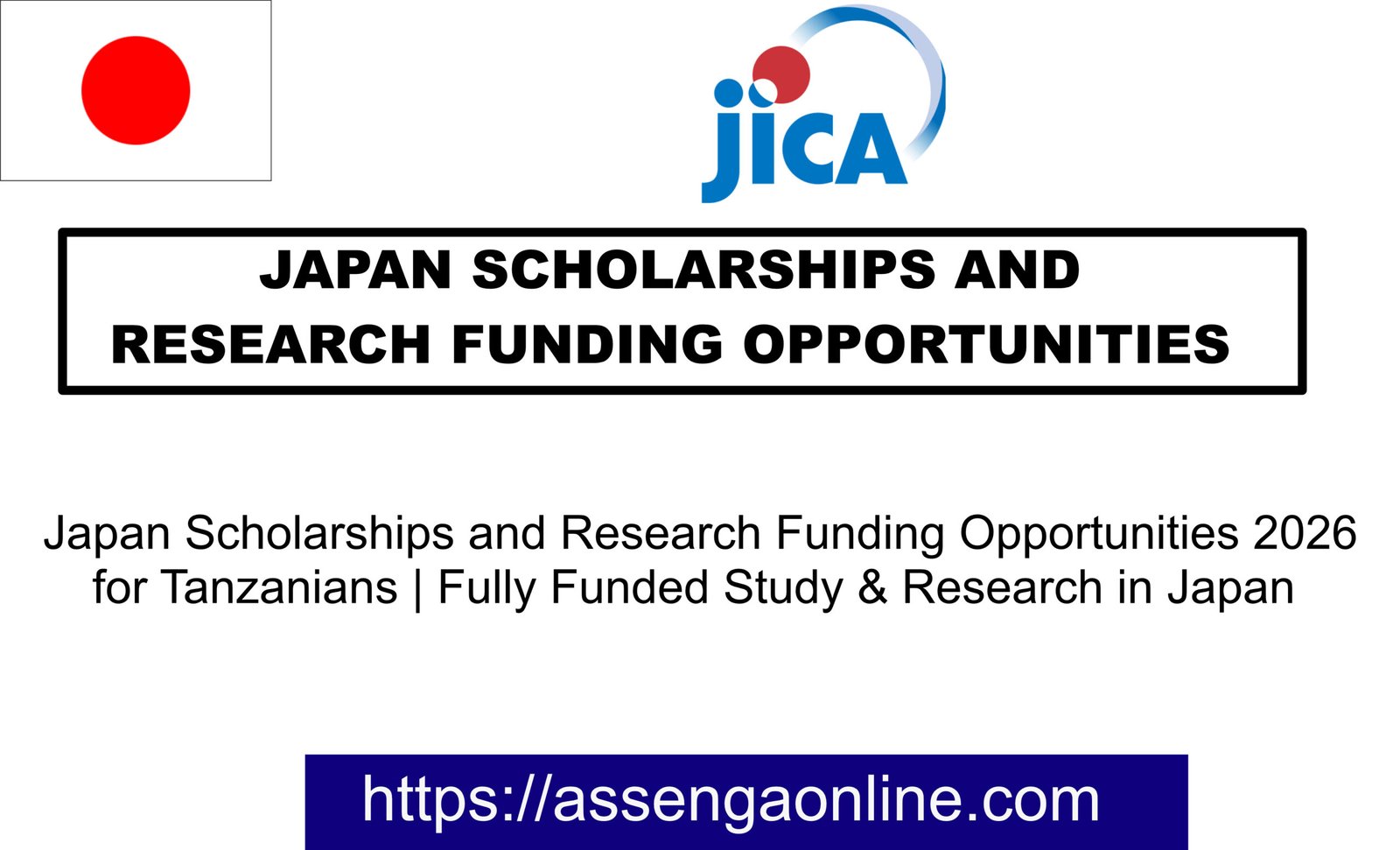
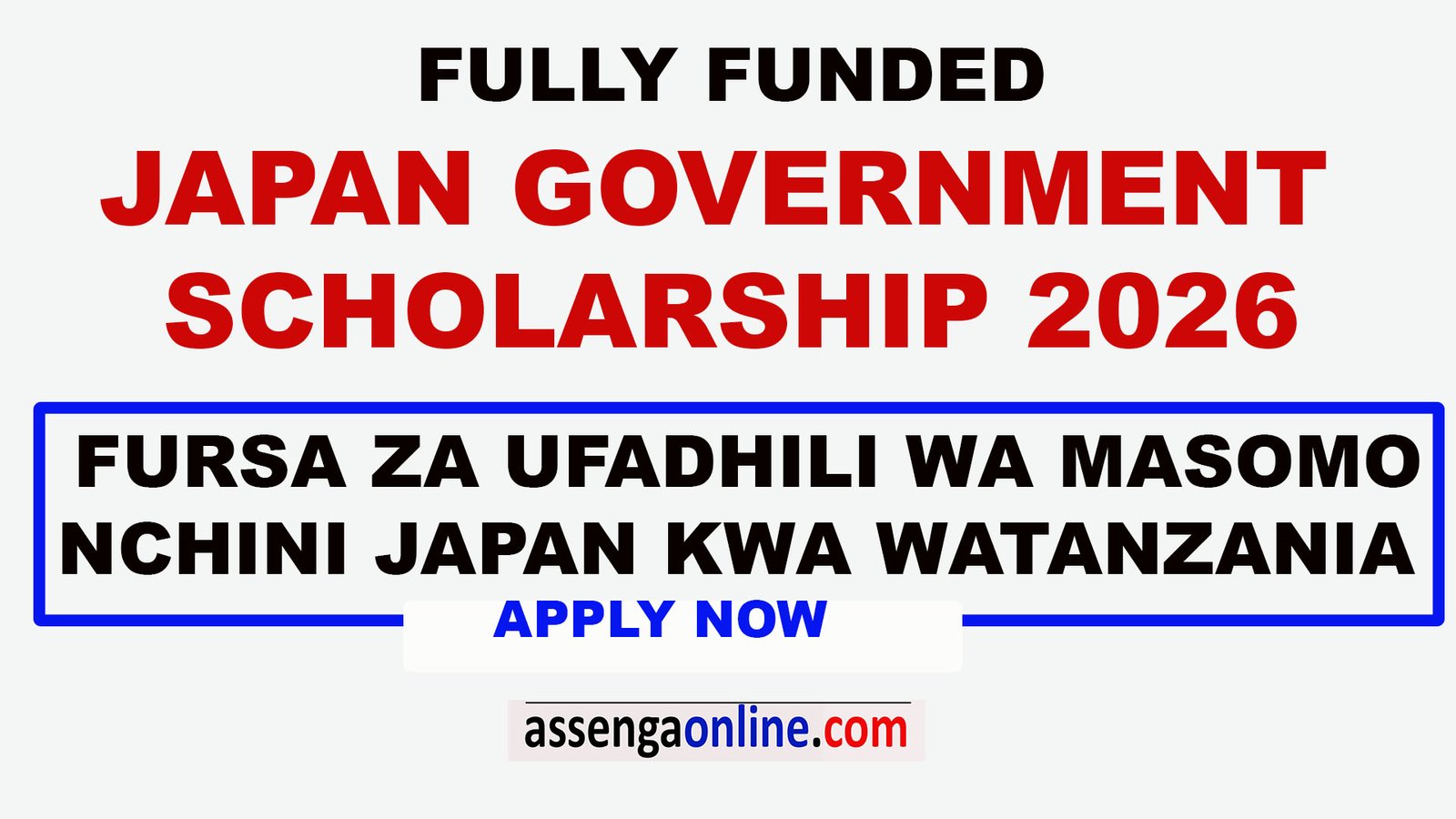
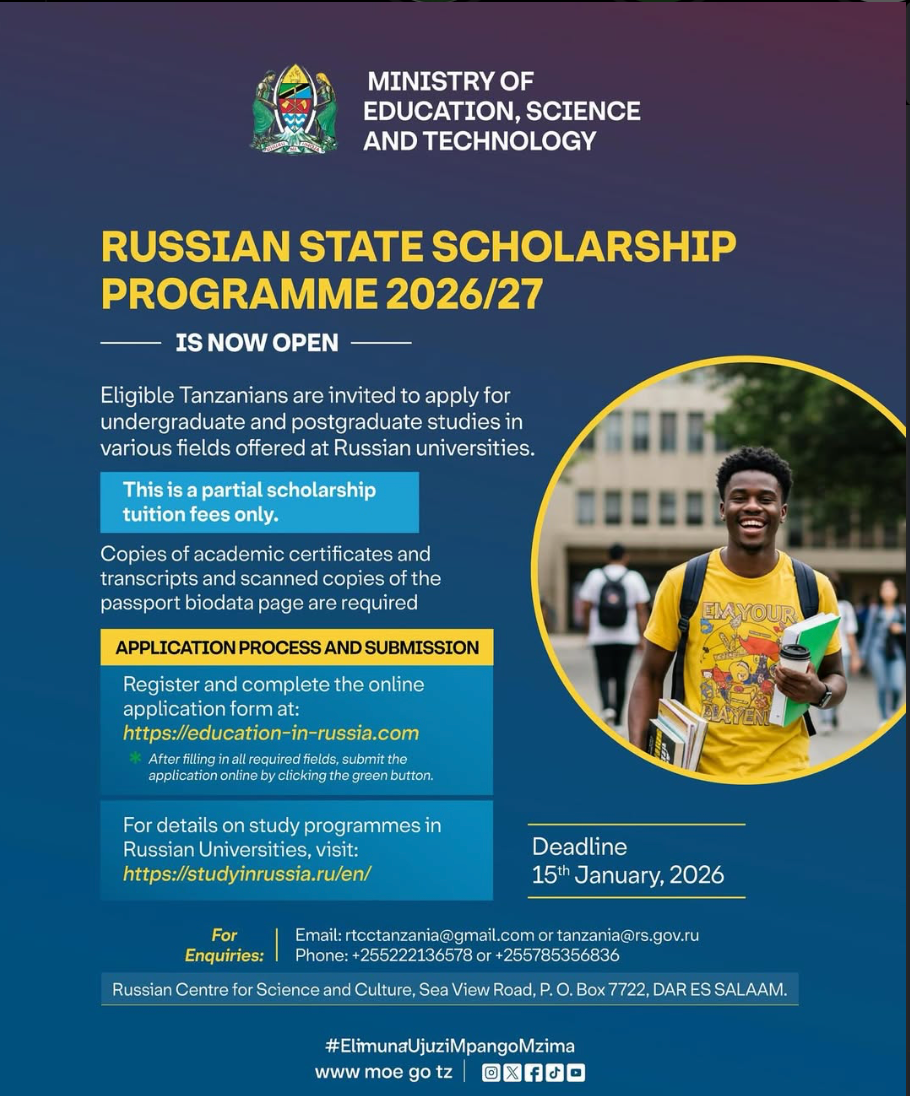
Leave a Reply
View Comments